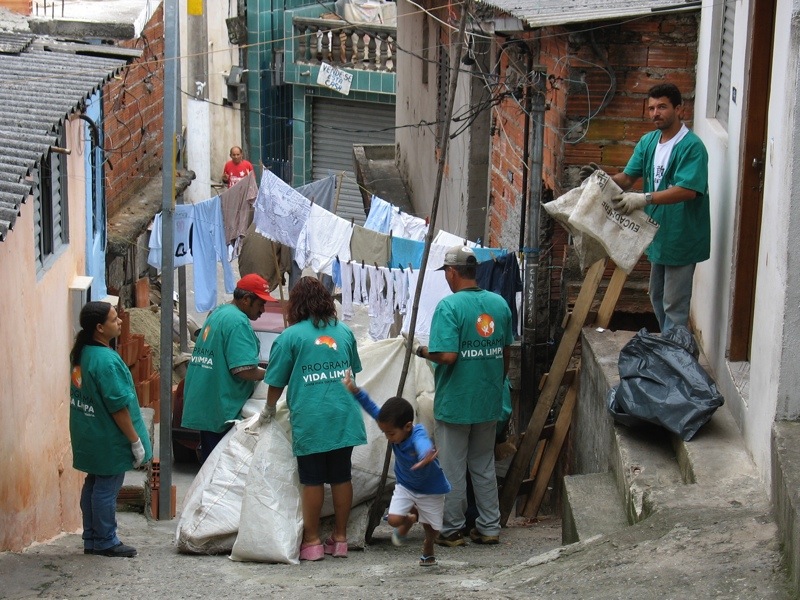Recycling Networks
Millions of informal waste pickers collect household waste daily in cities around the globe to earn a living. In doing so, they make a significant contribution to reducing the carbon footprint of cities, recovering resources, improving environmental conditions and health of low-income residents, creating jobs and income among the poor.
This project aims at examining the challenges that innovative grassroots initiatives and networks encounter and the livelihood practices they generate, to improve recycling and household waste management in informal settlements of global South cities.
The project’s methodology is inspired by participatory action research through a combination of:
a) a multiple case study on waste picker initiatives in Managua (Nicaragua), Dar es Salaam (Tanzania), Buenos Aires (Argentina) and São Paulo (Brazil) and Kisumu (Kenya) based on interviews, observations, workshops and document analysis
b) joint knowledge co-production with regional and global waste picker networks performing as knowledge hubs for the project
c) an in-depth case study of the City of Kisumu, where the learnings from the multi-case studies will be integrated and
d) international joint research and waste picker seminars to co-produce knowledge to conceptualize solution to the challenges.
Rag Picker in India. Garbage seldom goes to waste in India. Rag-pickers sort through garbage and recover every last bit of useful material. Photo credit: Grant Eaton with Creative Commons License 2.0.
Theoretically, the project will also contribute to applying and expanding a combination of theories of socio-environmental and institutional entrepreneurship with resilience theories (SRC The Swedish Research Council Grant).
Publications and Updates
RECYCLING NETWORKS & WASTE GOVERNANCE Sustainable Waste Collection and Recycling for Inclusive Cities: Report on Updated Research Outcomes of the Project
2. Tanzania Short Update report
3. Recycling Networks and Waste Governance videos
Grassroots Innovation, Inclusive and Sustainable Waste Management, Inclusive Governance (Ongoing Project)
Millions of waste pickers collect household waste daily in cities around the globe to earn a living. In doing so, they make a significant contribution to reducing the carbon footprint of cities, recovering resources, improving environmental conditions and health of low-income residents, and creating jobs, and income among the poor. Often organized in waste picker organizations (WPO), they develop important, but often unknown, innovations for sustainability and social justice. While local governments are key actors in the provision of services in partnership with WPO, their competences, knowledge, or understanding of the contribution of WPO is however limited. This project aims at diffusing the grassroots innovations developed by these WPO (in terms of technology, gender, governance, finance, and market) through 1. participatory video production and 2. a policy brief targeting WPO and local governments. 1) First, the innovation videos will be produced by local teams, instructed by a communicator, with the participation of WPO in Argentina, Brazil, Kenya and Tanzania. Used as self-educational materials, the videos will be spread out: world-wide, through the communication channels developed by partner organizations supporting WPO as UN-Habitat (Waste Academy platform) or the Latin American Network of Waste Pickers (and its youtube channel) hosting the Global Waste Picker C onference in Buenos Aires 2021; and in Kenya and Tanzania, through WPO meetings. 2) Second, the policy brief will be diffused through the Swedish Research Institute for Local Democracy’s digital communication channels and meetings with local governments in east African countries. As a result of this project it is expected to improve the knowledge among municipal officers and WPO on grassroots innovations for inclusive waste management in Kenya and Tanzania as well as the development of what could be the foundation for a future network of East African WPO. Besides a number of WPO attending meetings and participating in the Global WPO Conference, communication materials will be available open-source spilling out the results of this project beyond the geographic boundaries of Kenya and Tanzania.



